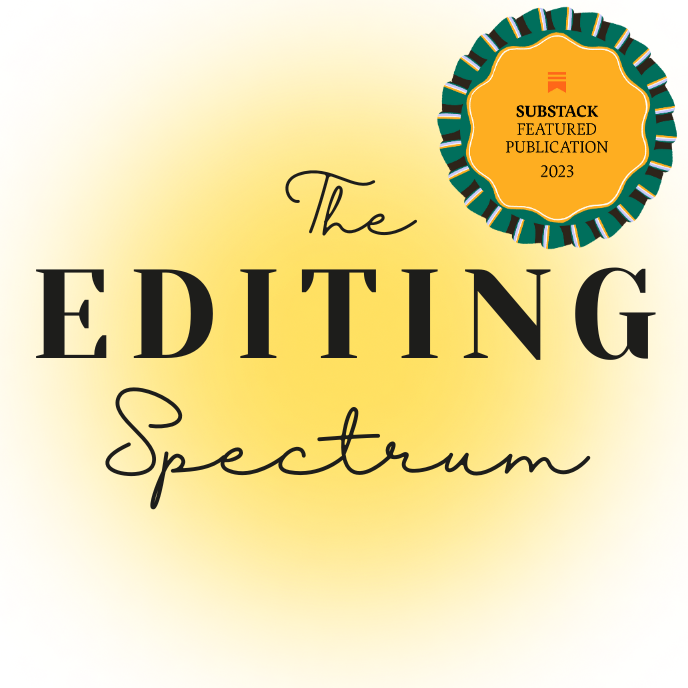Seth Godin on the good stuff: attracting talent, work, politics and marketing
/This is quite possibly the most quotable podcast I’ve listened to all year. John Bonini’s July 6 episode of Louder Than Words featured Seth Godin, whom he interviewed the day after Godin announced his (now hypothetical) candidacy for president of the United States. Together, they explored so many topics that affect everyone from marketers to entrepreneurs to the gal re-editing ad copy for the fifth time in one afternoon. It’s so good I spent nearly two hours transcribing (and in some cases lightly paraphrasing) the best parts because I think they’re worth sharing.
What politicians and marketers need to learn
If you talk to politicians, they have made several fundamental errors and those errors are similar to the errors that everybody makes. Error number one is assuming that money is the same as quality… The second mistake they make is believing that television is the best way to build a loyal following. Not one successful new brand has been built on the basis of expensive TV advertising since 10 years ago.
Today’s successful brands are built based on experience, word of mouth, connection and trust—they’re not built on the basis of yelling at strangers merely because you have money.
On Fear
Reassurance is futile. I have never met a creative person who says “Oh yeah I’ve solved my fear problem. Now I’m doing fine.”
What they say is “The fear is here. It’s a signal, it’s a symptom, it’s a compass. I’ve learned to dance with it.”
It’s this idea that you can dance with the fear that’s so much more important. I am afraid every single time I do something worth doing. And if I’m not afraid then I know I’m just doing my job, not the work. The work is dancing with the thing that makes you afraid.
On coming up with blog ideas
If I could get more bad ideas, then it’s extremely likely some good ideas will get caught as by-catch. If you seek out good ideas, then you will probably fail because your fear will stop you. But if you keep looking for bad ideas, then the good ones will come up.*
*Godin writes up to eight blogs per day, and only one or two make the final cut.
On the true value of blogging
I’ve never made a nickel on my blog. The blog opens doors because in our culture, people are likely to trust someone more if they’ve bumped into their work before.
On trusting employees and attracting talent
Most organizations tell themselves they need a lot of talent, but they really don’t. They need compliant, skilled labor. They need people who will do what they did yesterday but faster and cheaper. The talent comes in when a cutting edge company like Netflix decides to stop being a DVD company and leap into this new Internet model they’ve invented. You need real talent to do that. It’s these huge leaps forward. Those kinds of projects require management that is willing and interested in trusting their people. When you say to them I hired you because you’re talented and part of what it means to be talented is to do work that I can’t guarantee is going to work. Those people are having no trouble finding talent. It’s when you want talent but then treat that talent like they’re not talented—that’s hard.
Developing a blog strategy without SEO or analytics
Does Pixar make a new movie based on lots of exit interviews from the last one and they keep making new versions of Monsters, Inc.? No. The talent is knowing without reading the data. That’s the talent.
If you want to be meaningful, you gotta have the guts to go do that and keep doing it until you figure out what works—not by being able to point to a database or a spreadsheet and proving that you are right. Because I can find someone cheaper than you to do that.
On doing work that matters
I don’t care if it matters to you. I care if it matters to the people who you’re serving. If you have this poem or novel in you and you need to get it out, then by all means go ahead, but if it doesn’t resonate with the audience, well, that’s their choice. And we have to forgive them for the fact that it doesn’t resonate with them. That comes from a place of generosity, not a place of ego. Comes from a place of “What risk could I take in the world that would matter to someone else, not that would matter to me?”

